Over the past decade, Japan has come to be known not only for its advanced technology and global pop culture, but also for entering a new phase of religious diversity.
As international tourism continues to grow, more than 20 million visitors traveled to Japan in 2016, with the number of Muslim tourists from Southeast Asia and the Middle East rising significantly in subsequent years.
This trend is no coincidence. With more Muslims undertaking the Hajj and Umrah, and the growing demand for halal travel, the global Muslim community has become a major consideration in the international tourism industry.
In 2013, the global Muslim population was estimated at 1.6 billion. Recent projections suggest that figure will rise to 2.9 billion around 26 percent of the world’s population by 2050.
Also Read: Four Prominent Palestinian Detainees Set for Release: Who Are They?
Beyond demographics, the economic influence of Muslim consumers is also significant. Muslim-majority nations such as Qatar, the UAE, and Saudi Arabia have per capita GDPs far exceeding Japan’s. With Asia home to 70 percent of the world’s Muslim population, the region’s economic and social landscape is set to be increasingly shaped by this demographic Japan included.
According to an article by Professor Tanada of Waseda University, a scholar in literature and Asian Middle Eastern studies, Japan is gradually witnessing the rise of a growing Muslim presence, despite not being a Muslim-majority nation.
As of 2016, Japan was home to approximately 120,000 foreign Muslims and 10,000 native Japanese Muslims. While most reside in metropolitan areas such as Tokyo, Chukyo, and Kinki, Muslim communities have begun spreading across the country from Hokkaido in the north to Okinawa in the south.
This growth is reflected in the increasing number of mosques. Since the early 1990s, the number of mosques in Japan has grown significantly, now exceeding 90. Though still unfamiliar to many Japanese, more mosques are now opening their doors to the public, offering tours and educational events to foster greater understanding of Islam.
Also Read: Children in Gaza and Future Generations Threatened by Genetic Damage
A 2021 study by Tanada and colleagues recorded 113 mosques across Japan a sevenfold increase from just 15 in 1999.
Among the latest additions is Osaka’s Istiqlal Mosque in Nishinari, with much of its renovation funded by donations from the Indonesian community.
Japan’s Muslim community is notably diverse in terms of nationality, ethnicity, culture, and practice. Some strictly observe Islamic rituals such as prayer and fasting, while others take a more flexible approach. This diversity sometimes leads to misunderstandings among local communities with limited exposure to Islam.
Direct engagement through mosque visits or participation in Islamic cultural events has proven effective in bridging these gaps. Limited public knowledge and persistent stereotypes in mainstream media have underscored the need for open dialogue and community outreach.
Also Read: Palestinians in Gaza Remain Wary Amid Ceasefire Jubilation
Increasingly, Muslims in Japan are settling permanently and raising families. Nearly half are now permanent residents.
This shift is giving rise to second- and third-generation Japanese Muslims often referred to as “hybrid Muslims” who grow up balancing Islamic and Japanese cultural identities. These young people are expected to play a key role in building mutual understanding between Muslim communities and wider Japanese society.
One notable example is the Gyotoku Mosque in Chiba Prefecture, where second-generation Muslim children study Arabic while growing up in Japanese society. This is more than language education, it represents a form of cultural integration and identity formation.
If the trend continues, Japan could emerge as a model for how a traditionally homogeneous society embraces multiculturalism not by losing its identity, but by enriching it. [Nia]
Also Read: When the Sumud Flotilla Didn’t Reach Gaza
Mi’raj News Agency (MINA)






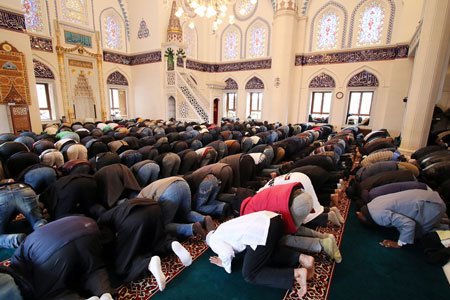



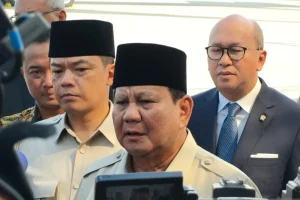
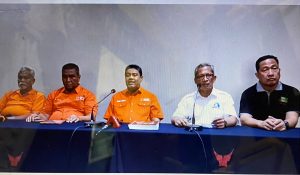
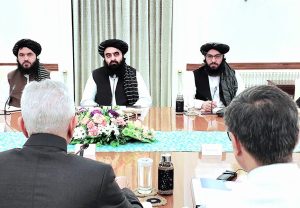

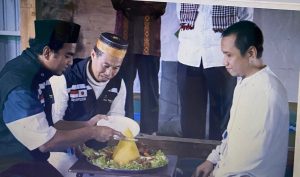
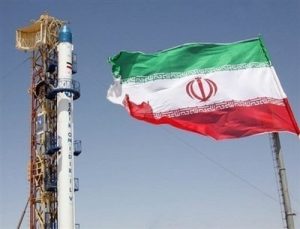
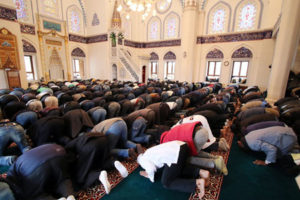
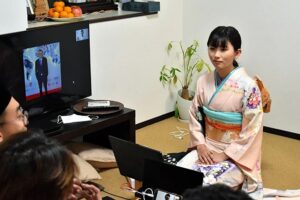
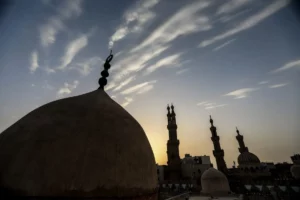
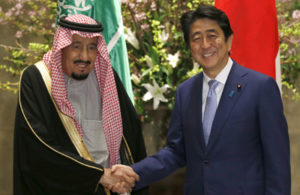
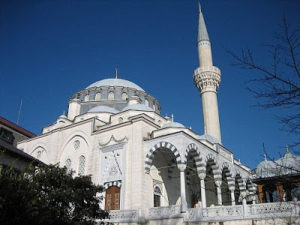




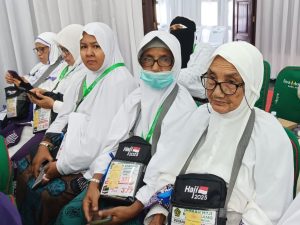

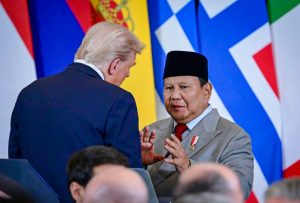





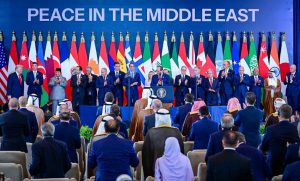



 Mina Indonesia
Mina Indonesia Mina Arabic
Mina Arabic